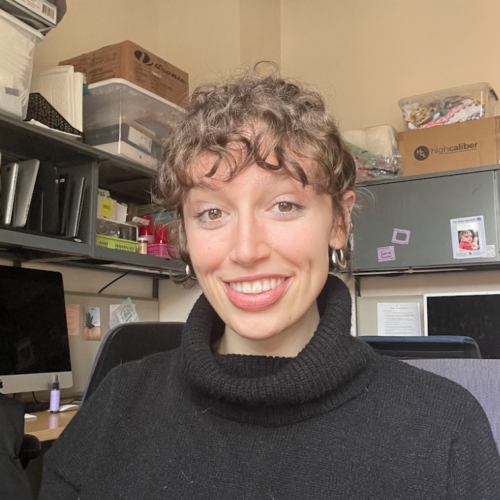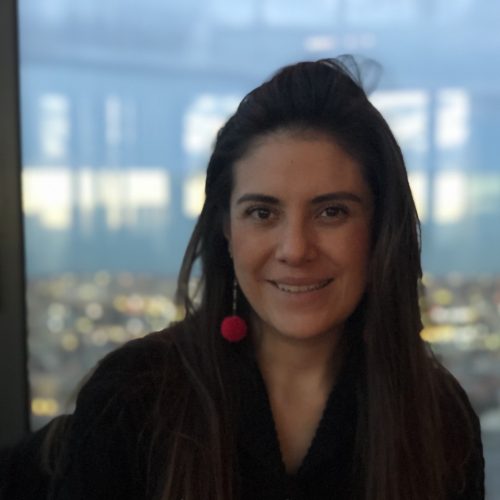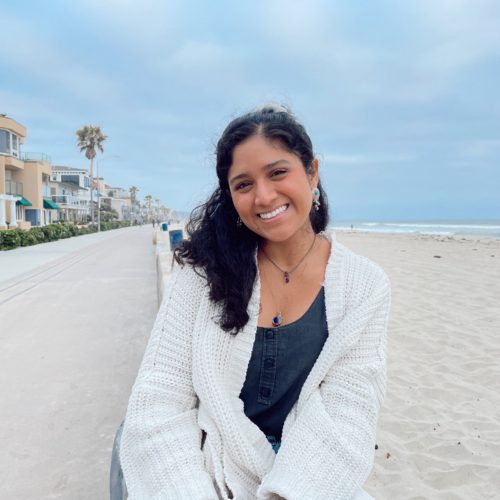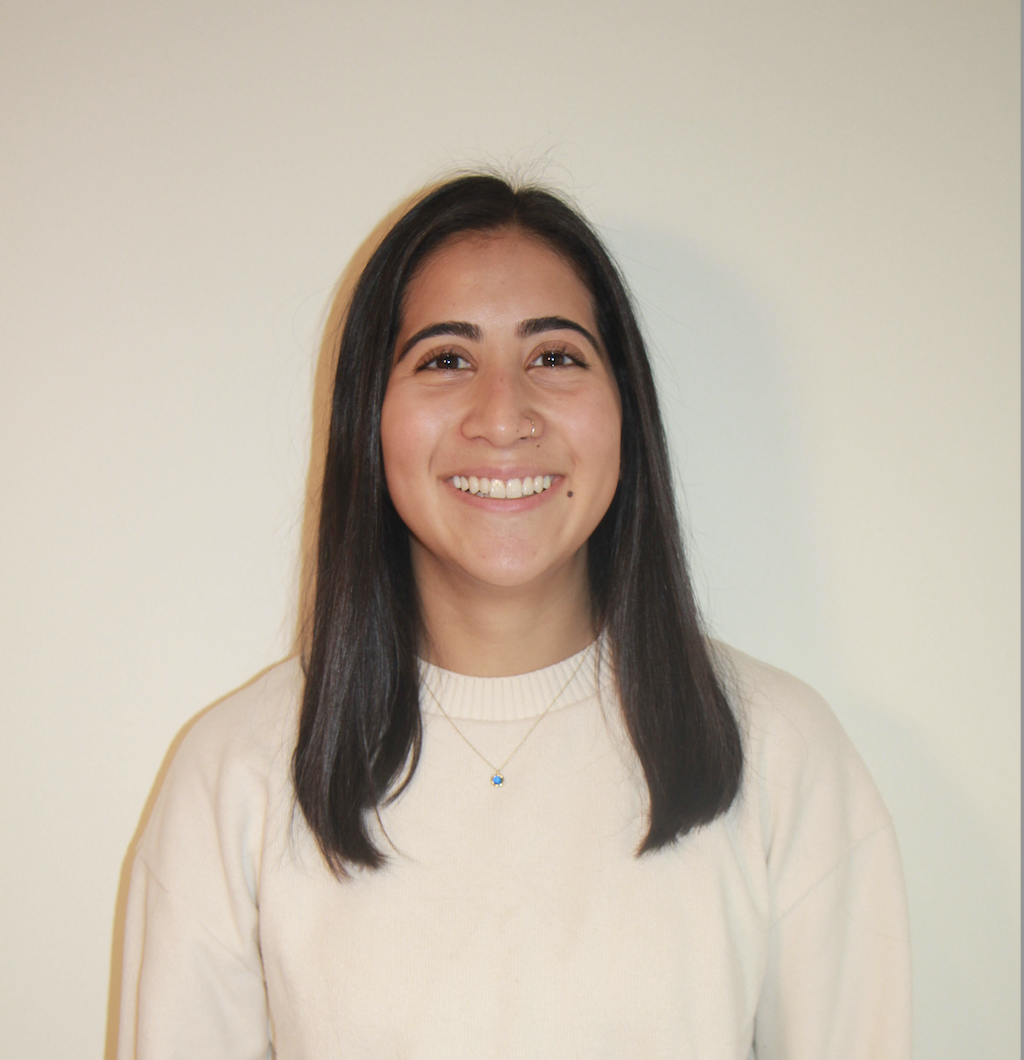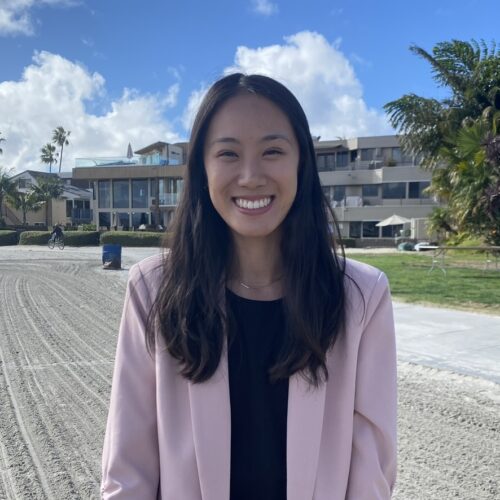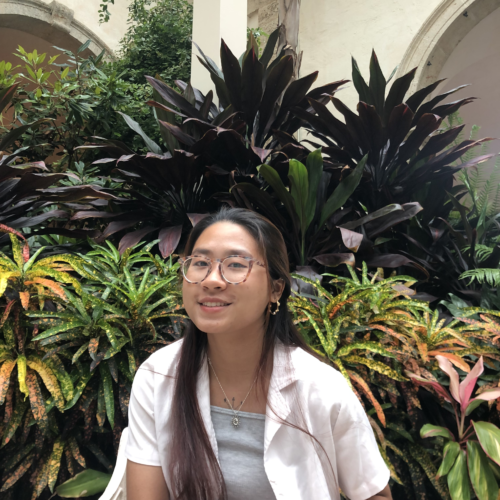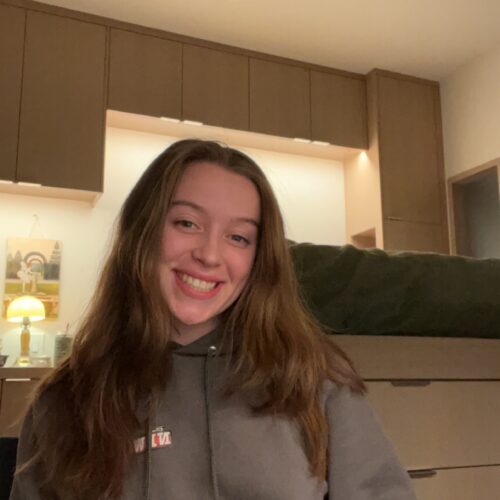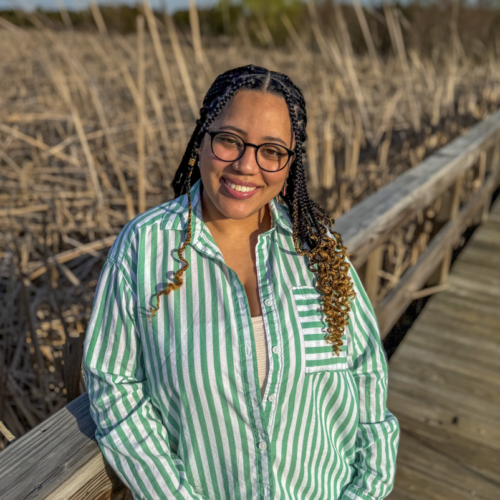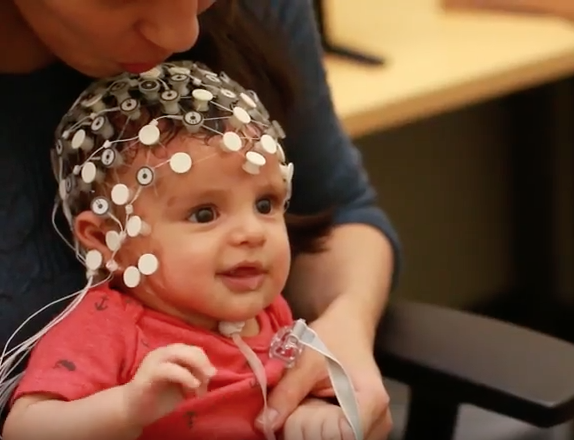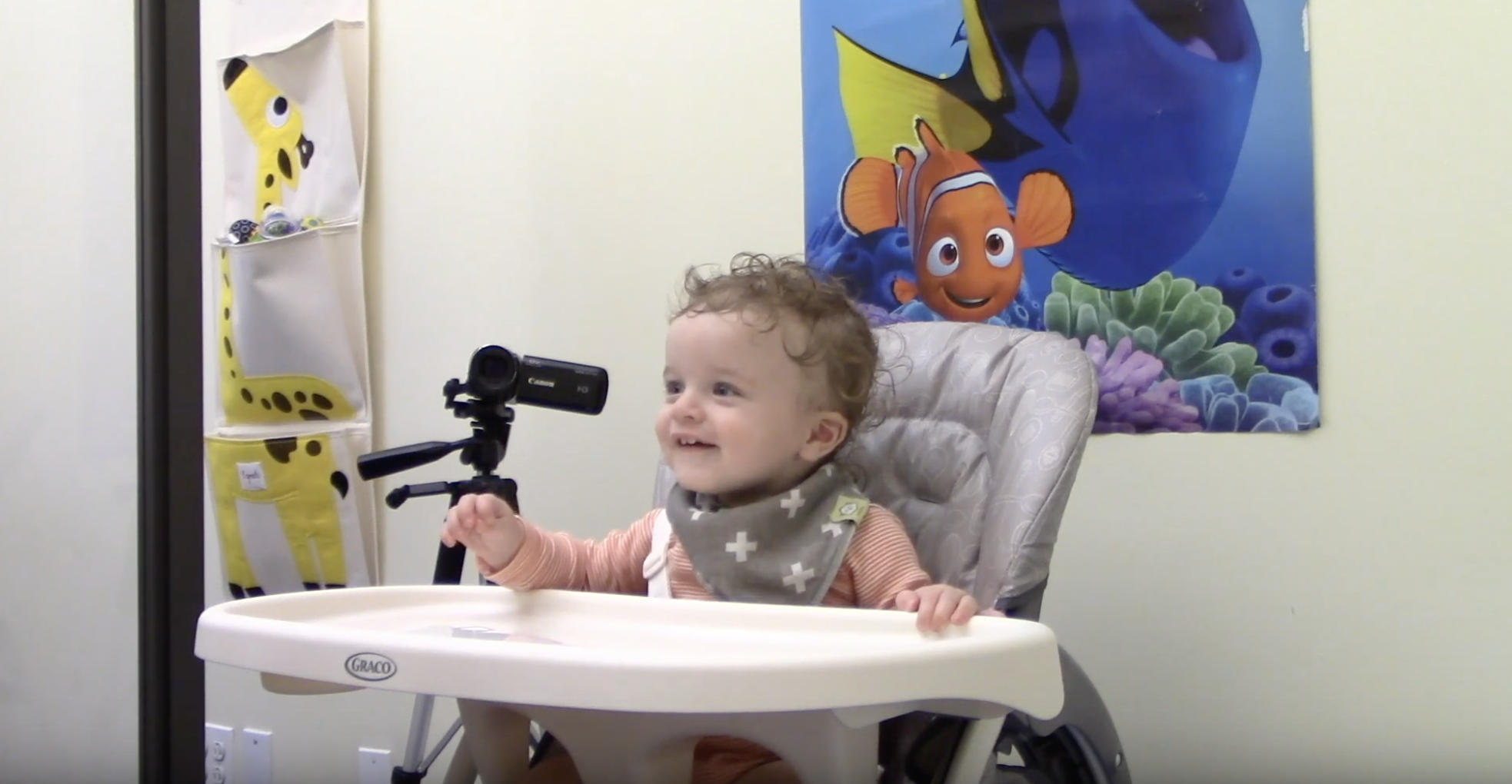Our Research
We are a developmental psychology lab interested in the impact of the home environment and early social interactions on children's brain and behavioral development. Our ultimate goal is to understand how to best support and empower caregivers during their child's first three years of life.
Current Studies
ORCA (Online Remote Child Assessment)
The aim of the Online Remote Child Assessment (ORCA) study is to make participation in research studies more accessible in order to better understand how diverse early experiences impact child development. Families are invited to hop on a 30-40 minute Zoom call where their baby watches short videos on their computer, tablet, or smartphone. Families also complete some short surveys and may be invited to participate in an interview.
Click here to learn more about ORCA!
We are actively recruiting pregnant women and families with 0-4 month olds. Sign up and determine if you are eligible here.
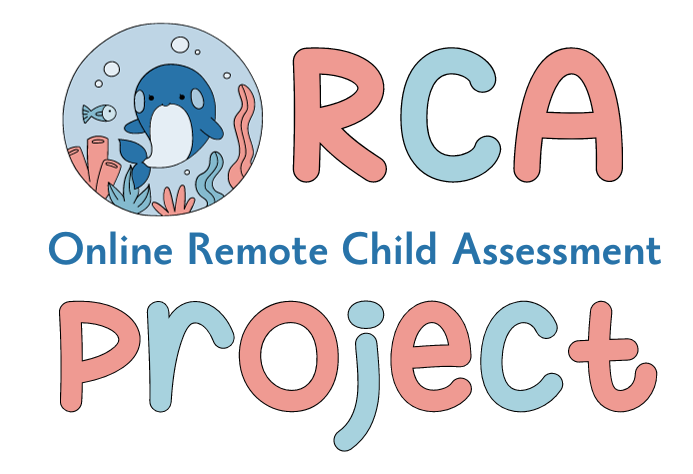

PEACH (Postpartum Ecological Assessment of Cognitive Health)
The PEACH study seeks to better understand maternal mental health during the early postnatal period.
Using low-burden methods, this fully remote study explores mothers' real experiences while caring for their new infants.
Moms will receive a Fitbit to track sleep, activity, and heart rate, and we will text you brief surveys three times a week for 10-14 weeks.
Each survey takes less than a minute to complete.
COVID-19 & Perinatal Experiences (COPE) Study
The aim of the COVID-19 and Perinatal Experiences (COPE) study is to understand the experiences of stress and resilience during the pandemic and potential impacts on infant development. We are currently following over 150 families across multiple stages of their baby’s life, collecting survey data, behavioral observations, neuroimaging and biospecimens.

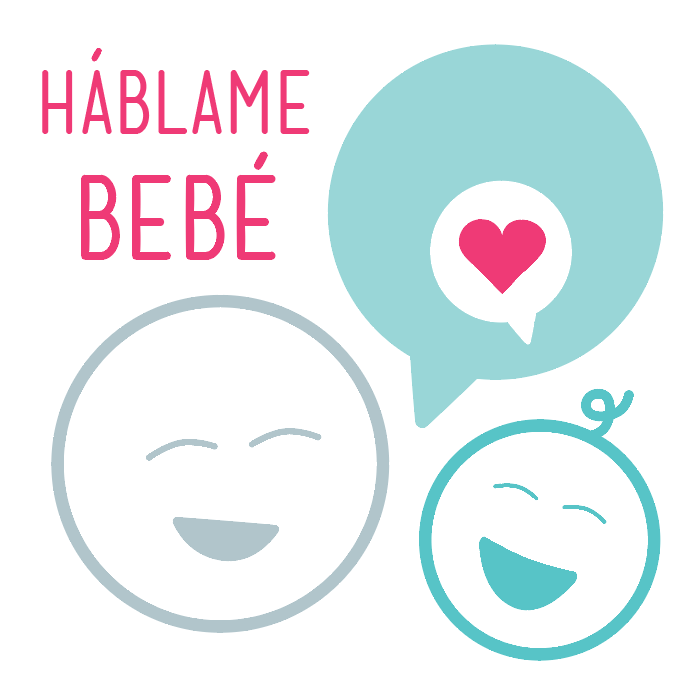
Háblame Bebé
Háblame Bebé is an educational phone application that aims to empower Hispanic parents and caregivers to engage with their cultural identities, to feel pride in being Hispanic and in speaking Spanish, and to promote bilingualism. Fundamental to Háblame Bébe is the message that parents are their baby’s first and best teachers – regardless of what language they speak. Watch to learn more, and like us on Facebook and Instagram!
Past Studies
Stress, Home Environment, Language & Learning (SHELL) Study
Understanding how the early home environment impacts trajectories of language and cognitive development is crucial for identifying early risk and resilience factors associated with later school readiness. This study examines how caregiver stress and the home language environment influence early language and memory skills during the first two years of life.
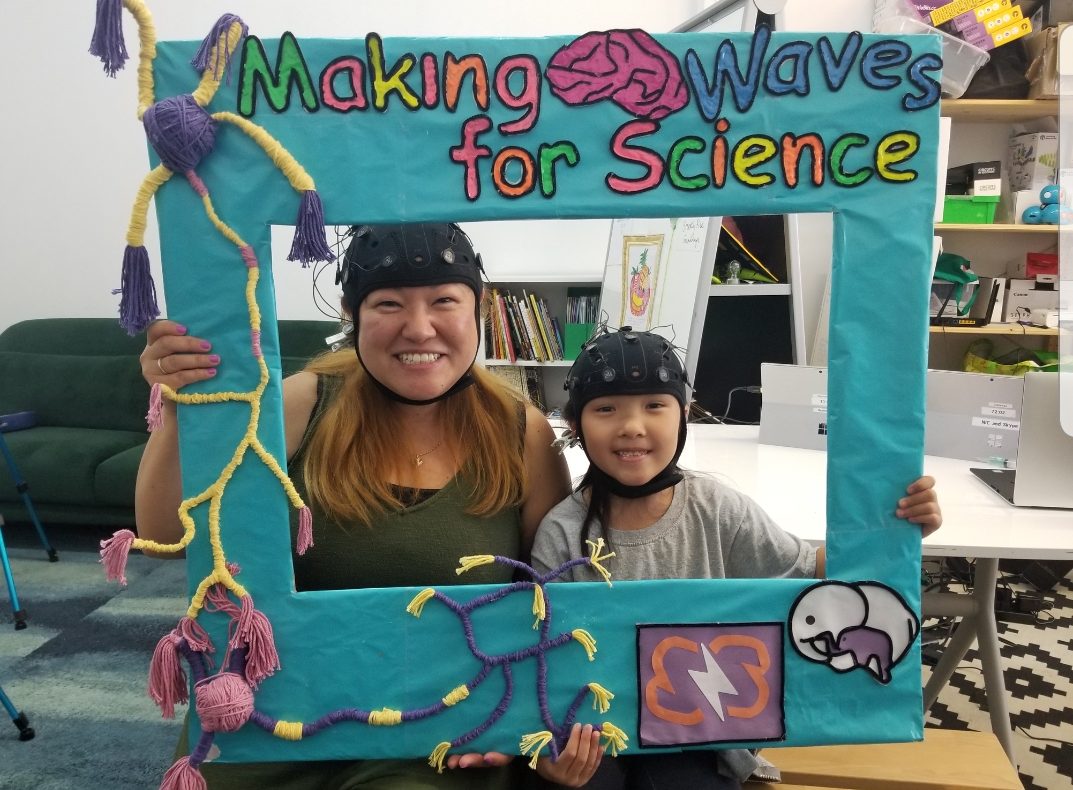
Family Interactions and Neural Synchrony (FINS) Study
Early learning is a social process. The ability to initiate interactions, respond appropriately, and take turns during bouts of communication are important aspects of growing up in a social world. This study uses EEG hyperscanning to simultaneously record neural responses of the dyad (caregiver and child) while interacting in a series of semi-naturalistic tasks.

Name
Meet Our Team

Dr. Brito spent two years as a Robert Wood Johnson Health and Society Scholar and two years as a K99/R00 postdoctoral research fellow within the Division of Developmental Neuroscience at Columbia University Medical Center. She received her PhD in Human Development and Public Policy from Georgetown University. Dr. Brito has received numerous awards and honors for her work, including recognition from the American Psychological Association (Boyd McCandless Award), CIFAR (Global Scholar), Association for Psychological Science (Rising Star Award), and the International Society for Developmental Psychobiology (Kucharski Young Investigator Award).
